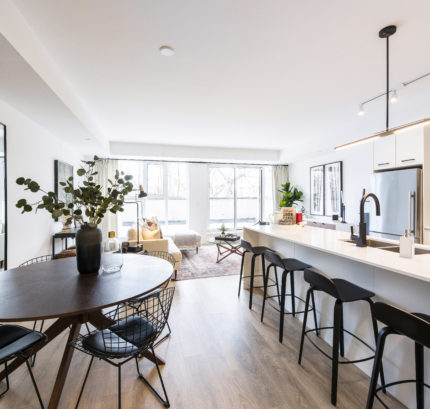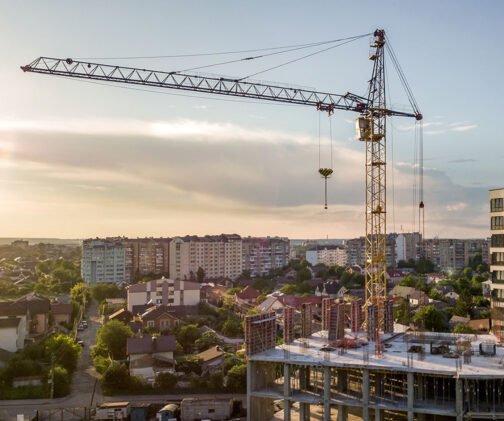What’s driving this momentum?
Low Supply and Population Growth.
Canada’s population grew by 531,000 from August 2018 to July 2019 – the largest 12-month increase in our history according to Statistics Canada. Strong immigration numbers are likely to maintain a sustained demand for housing. A Royal LePage survey reported in October 2019 that “newcomers to Canada are expected to purchase one in every five homes on the market over the next five years.”
Nearly 60% of that growth took place in Ontario and British Columbia and these people need places to live.
With shifting demographics and increasing rents and housing prices presenting an affordability crisis in Toronto and Vancouver, shortfalls could continue for the foreseeable future.
According to the RBC Economics report the Toronto census metropolitan area (CMA) needs 22,000 NEW rental apartments and rented condominium apartments PER YEAR to satisfy demand between 2019 and 2023.
Inventory is critically low and it is possible that we could see a return to accelerating high price appreciation in the near term without new supply becoming available.
The rental market will get even more competitive
In November 2018, the average rental rate for all property types in Toronto was $2,385.
That rate increased to $2,591 in November 2019, representing an increase of 8.6% annually.
According to Rentals.ca, condo rental rate growth was slower than anticipated in 2019, rising by just 4%. Rent growth for single-family homes was more significant as well, at 11%.
Average rent in 2020 is expected to surpass $2,800 at some point in the year. Rent by December 2020 will be an average of $2,770 per month, representing a 7% annual increase.
The housing stress test will likely become a little more flexible in 2020 as interest rates stay low
While Prime Minister Justin Trudeau has directed his finance minister, Bill Morneau, to review the tests and potentially make them more dynamic and flexible, it is not certain if or precisely how that will happen.
The real estate industry has long pushed for changes to the stress test, but experts have warned that easing its requirements could risk pushing up home prices and increasing household debt.
In 2016, the government introduced a stress test on insured buyers, or those who typically make a down payment of less than 20 per cent of a home’s purchase price. The test is intended to gauge whether borrowers can afford their mortgage payments at higher interest rates.
Despite the test, home prices continued to rise, particularly in Toronto and Vancouver. Subsequently, in 2018, another stress test was introduced on uninsured buyers who make larger down payments.
However, the B-20 test is also credited with contributing to a slowdown in real estate activity, while critics have said it is far too simplistic and blunt in its current design pushing out first-time home buyers.





